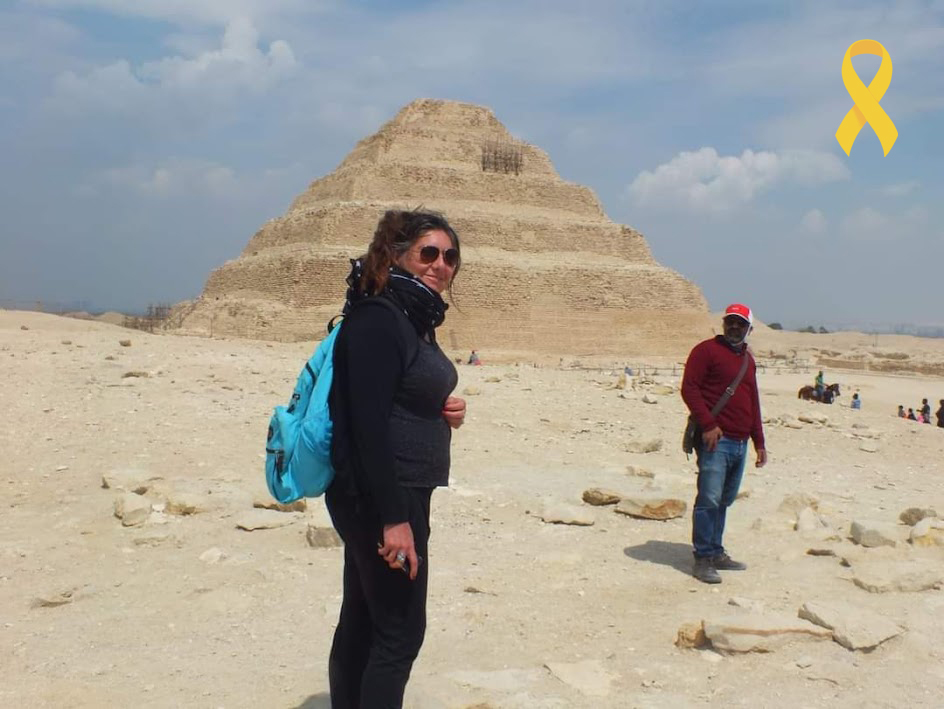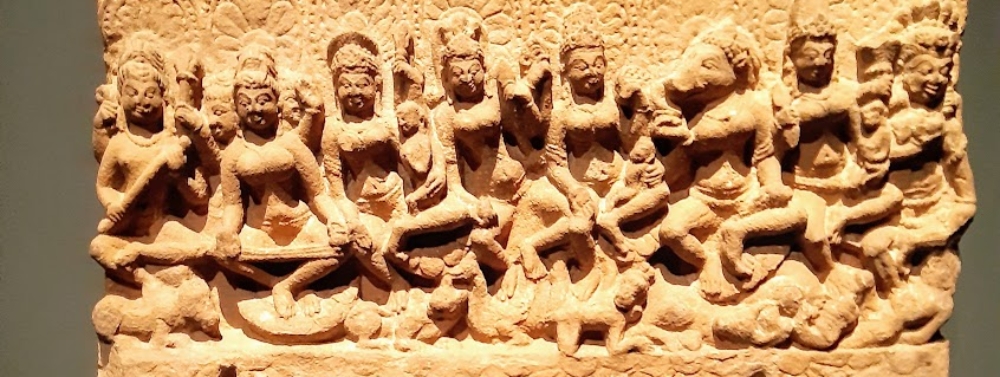
Pesach: Reflection, Resilience, and Hope
Pesach, also known as Passover, is a sacred time for the Jewish community. It is an eight-day holiday celebrated in the early spring, and it holds deep historical and cultural significance. As we gather around the Seder table, we reflect on our identity, values, and the enduring spirit of freedom and liberation.
Emancipation from Slavery
At the heart of Pesach lies the commemoration of the emancipation of the Israelites from slavery in ancient Egypt. The story of their exodus resonates across generations, reminding us of the power of resilience and faith. But let us pause and consider: Were the Israelites truly slaves?
Historical evidence suggests that the Israelites were not mere labourers toiling under the whip of taskmasters. The construction of the pyramids, often associated with their suffering, was likely carried out by a system of paid labour. Skilled workers, organized by professional construction organizations within Egyptian society, contributed to these awe-inspiring structures. Yet, the symbolism of emancipation remains potent—the Israelites physically left the comfort and wealth of Egypt, embarking on a journey toward new beliefs and ideals.
Challenges of Being Jewish Today
Fast-forward to 2024, and being Jewish remains a complex experience. For Israelis, political upheaval and security concerns cast shadows over daily life. But even beyond Israel’s borders, challenges persist. Antisemitism, once hidden, now rears its ugly head openly. In the UK and American universities, Jewish individuals face discrimination and fear. Yet, the most insidious form of Antisemitism emerges from within our own ranks.
The Golden Calf of Social Media
Among so-called leftists, liberals, and even occultist Jews, a troubling trend emerges. They chase the Golden Calf of social media fame, acknowledgement, and likes. In their pursuit of “freedom” and activism, they unwittingly align themselves with Amalek—the ancient enemy of the Israelites. Their activism often takes the form of supporting terror activities against fellow Jews and Israelis. Worse still, some become internet trolls, dispensing unsolicited wisdom with a self-righteous air.
The Maror: Tasting Bitterness
As we gather around the Pesach Seder plate, one item stands out: Maror, the Bitter Herbs. Why do we eat it? Why connect to the “taste of death”? Perhaps it mirrors our current reality—a world grappling with pain, discomfort, and uncertainty. We must confront bitterness head-on, just as the Israelites did when leaving Egypt.
A Cry for the Hostages
Tonight, as we partake in the Seder, we cannot ignore the plight of 133 Israeli hostages. Held captive by the terrorist organization Hamas and its proxies in Gaza, they endure unimaginable suffering. The bitter taste of their captivity lingers, and our hearts ache for their safety and immediate release.
Resilience Across Millennia
The Jewish people have thrived in the Middle East for over 4000 years. Against all odds, we persist. We chew on the bitterness of adversity until it turns sweet. Our resilience lies not in avoiding pain but in transforming it. So, this year, I refrain from wishing you a “Happy Pesach.” Instead, I pray for the freedom of the hostages—a prayer that echoes across time and space.
Amen. 🕊️
